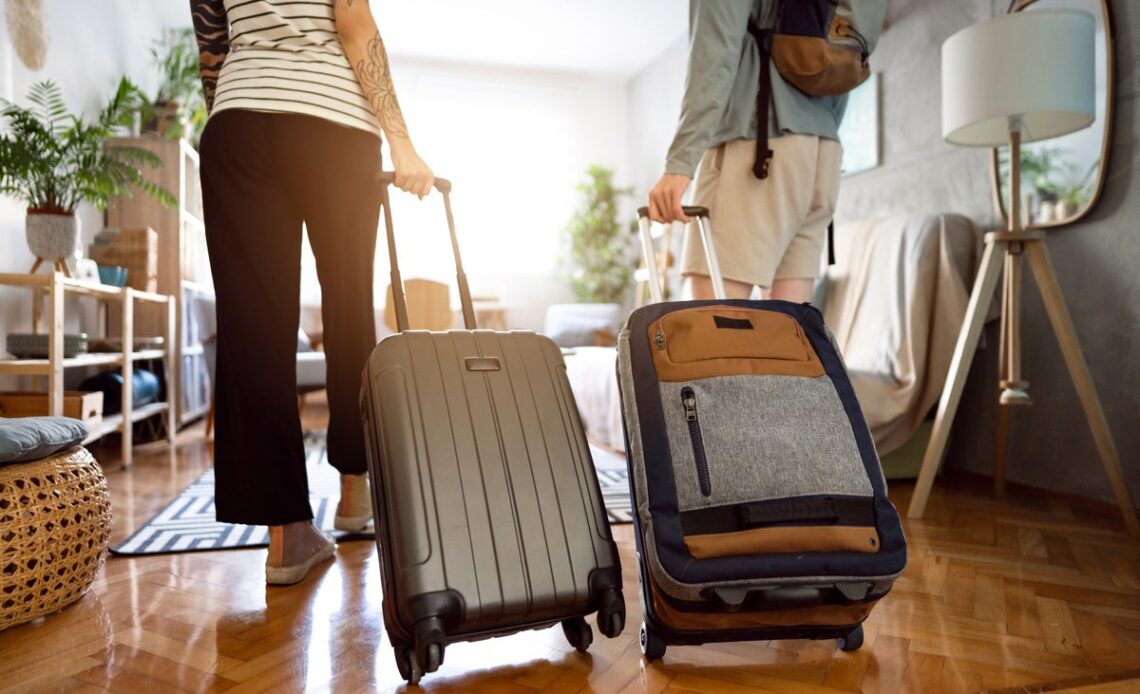Airbnb owners and guests could face tougher penalties as a result of new antisocial behaviour legislation proposed by the government.
Rishi Sunak has announced a £160m crackdown on “problematic” behaviour, including short-term holiday lets.
Plans also include a proposed council register of short-term holiday lets, so that “if a let proves problematic, they can take action against guests and owners”.
Addressing local people at a community centre in Chelmsford, Essex, on Monday, the prime minister was confronted by an angry resident who said he had been experiencing problems after his local pub had been turned into a large Airbnb rental.
He said: “These places are let by the owners to groups of people with no control whatsoever.
“They can come in and they can use the facilities there – in this particular case they have 10-person hot tubs and karaoke rooms.
“Anti-social behaviour and especially noise nuisance can go on through the night and there is no restriction, and I think they really should be addressing the problem these are causing with maybe some regulations coming in,” he added.
Noisy guests at Airbnb properties have caused problems for some residents
(Getty Images)
Mr Sunak replied: “Let me take that away. I’ve got a feeling we are looking at that, from memory.”
Launched in San Francisco in 2018, Airbnb has grown to become an accommodation behemoth, with six million listings worldwide, more than four million hosts, and more than 100,000 cities and towns with Airbnb listings, according to their most recent data.
While it’s hard to deny its ubiquity, it’s this very reason that has made it so unpopular in certain regions with a large Airbnb presence.
Critics have argued that Airbnb is decimating communities by forcing up rents, dominating the rental market and limiting availability for local people seeking long-term lets, and replacing a sense of community with temporary tourists who lack a vested interest in an area’s wellbeing.
Stories of excessive noise, parties and hidden cameras have also seen the homestay provider falling out of favour with both neighbours and guests.
According to Airbnb, guests should already be complying with a global party ban, which it says has resulted in a global 44 per cent year-over-year drop in the rate of party reports since it was introduced in August 2020.
Anti-tourism…
Click Here to Read the Full Original Article at The Independent Travel…
